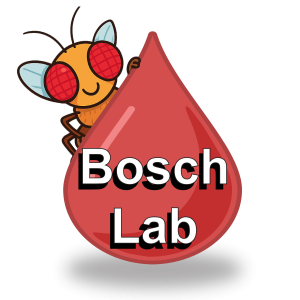Postdoc position to study inter-organ communication
Posted by jabosch, on 15 July 2025
Job type:
Location: Salt Lake City
Closing Date: 31 December 2026
The Bosch Lab at the University of Utah, Salt Lake City is recruiting postdocs to work on projects related to inter-organ communication. Most projects are “wet” and use Drosophila genetics. Our dry lab projects use protein structure prediction tools (e.g. AlphaFold) and work with Drosophila and human protein data. If interested, send an email to Justin Bosch (jabosch@genetics.utah.eu) with your CV and a short statement of research interests past and future.
See our lab website for information on research projects available for post-docs:
https://www.boschlab.com/research
Lab summary:


Salary: $60,000-65,000/yr
Closing Date: 31 December 2026
Scientific fields: Cell biology, Computational and systems biology, Development and disease, Growth control, Metabolism and physiology, Homeostasis and aging, Signalling
Model systems: Drosophila, Human, Cell culture
Duration: Permanent
Minimum qualifications: PhD in biology. Preferably in area of molecular, cellular, structural, genetic, or proteomics. Preferably with Drosophila experience or protein structure prediction.

